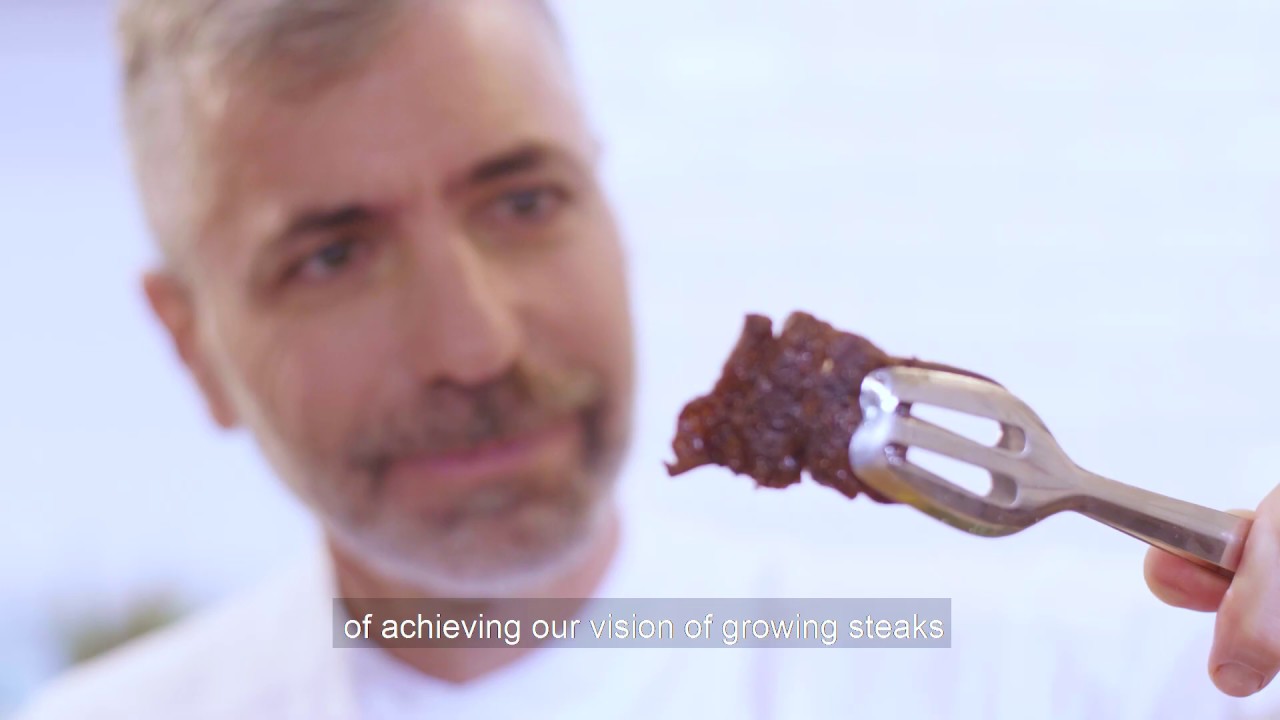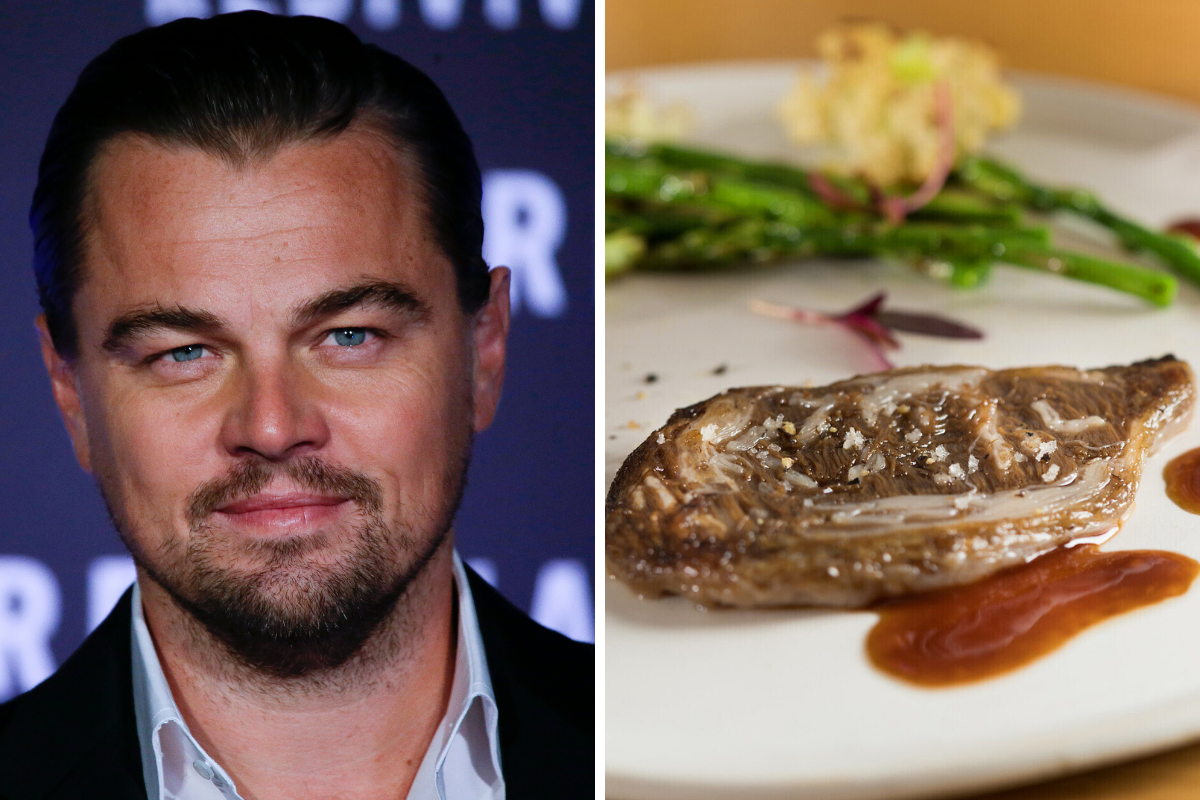Leonardo DiCaprio, known in his movie roles for What’s Eating Gilbert Grape and Titanic –– and for dating Bar Refaeli – has invested in not one but two alternative meat companies, Aleph Farms, based in Israel, and Mosa Meat from the Netherlands. Unlike the Impossible Burger and the OSI Group which creates alternative protein from peas, which is tasty, but hard to digest, Aleph and Mosa create meat in a lab using original cells from a real animal.
The idea is to create real meat that tastes like meat, not a plant-based substitute. But lab meat is exactly like meat, removing the suffering and methane gas production, oh and antibiotic use, so the argument goes.

Mosa’s plate of meatballs invested in by Leonardo Dicaprio
“One of the most impactful ways to combat the climate crisis is to transform our food system. Mosa Meat and Aleph Farms offer new ways to satisfy the world’s demand for beef, while solving some of the most pressing issues of current industrial beef production. I’m very pleased to join them as an advisor and investor, as they prepare to introduce cultivated beef to consumers,” said DiCaprio.
It’s common for celebrities to invest in startups, especially Israeli ones. Leonardo is in the footsteps of other Hollywood actors like Ashton Kutcher.
Both Mosa and Aleph have demonstrated the ability to grow beef directly from animal cells, with the unveiling of the first cultivated hamburger by Mosa Meat in 2013 and the first cultivated steak and ribeye by Aleph Farms in 2018 and 2021 respectively. The meat made still costs a mini fortune but new investments will help the companies scale production and cut back costs.

Aleph Farms are growing steaks in a lab. For now they might cost $2000 a pound but the goal is to grow to scale
With global meat consumption projected to grow 40-70% by 2050, cultivated meat offers a solution to greatly reduce the current negative impacts of industrial beef production. Analysts project the cultivated meat market could reach $25 billion by 2030, as part of the broader protein transformation.
According to an independent Life Cycle Analysis study, cultivated beef production is projected to reduce climate impact by 92%, air pollution by 93%, use 95% less land and 78% less water when compared to industrial beef production.
The automated process through which cultivated meat is produced, and the sterile environment of its manufacturing, will eliminate the use of antibiotics and greatly reduce the risk for pathogens, contaminants, and foodborne illnesses associated with concentrated and intensive animal farming.
Cultivated beef production offers the opportunity to use the spare land for re-wilding habitats which would naturally reduce emissions or for producing more food for people. Can we finally stop cutting down more Amazon rainforest? That’s us doing it – not them.




